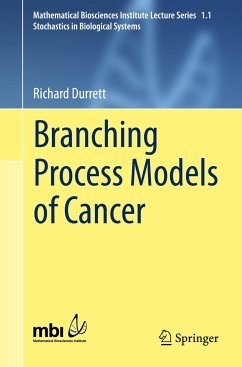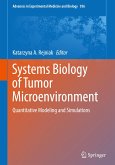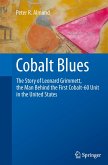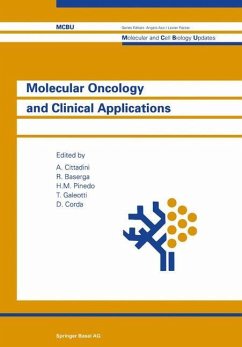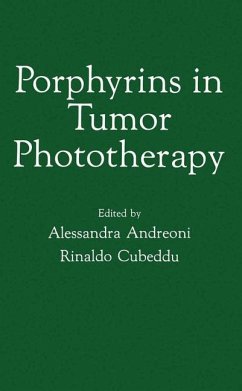This volume develops results on continuous time branching processes and applies them to study rate of tumor growth, extending classic work on the Luria-Delbruck distribution. As a consequence, the author calculate the probability that mutations that confer resistance to treatment are present at detection and quantify the extent of tumor heterogeneity. As applications, the author evaluate ovarian cancer screening strategies and give rigorous proofs for results of Heano and Michor concerning tumor metastasis. These notes should be accessible to students who are familiar with Poisson processes and continuous time Markov chains.
Richard Durrett is a mathematics professor at Duke University, USA. He is the author of 8 books, over 200 journal articles, and has supervised more than 40 Ph.D students. Most of his current research concerns the applications of probability to biology: ecology, genetics and most recently cancer.
Richard Durrett is a mathematics professor at Duke University, USA. He is the author of 8 books, over 200 journal articles, and has supervised more than 40 Ph.D students. Most of his current research concerns the applications of probability to biology: ecology, genetics and most recently cancer.

